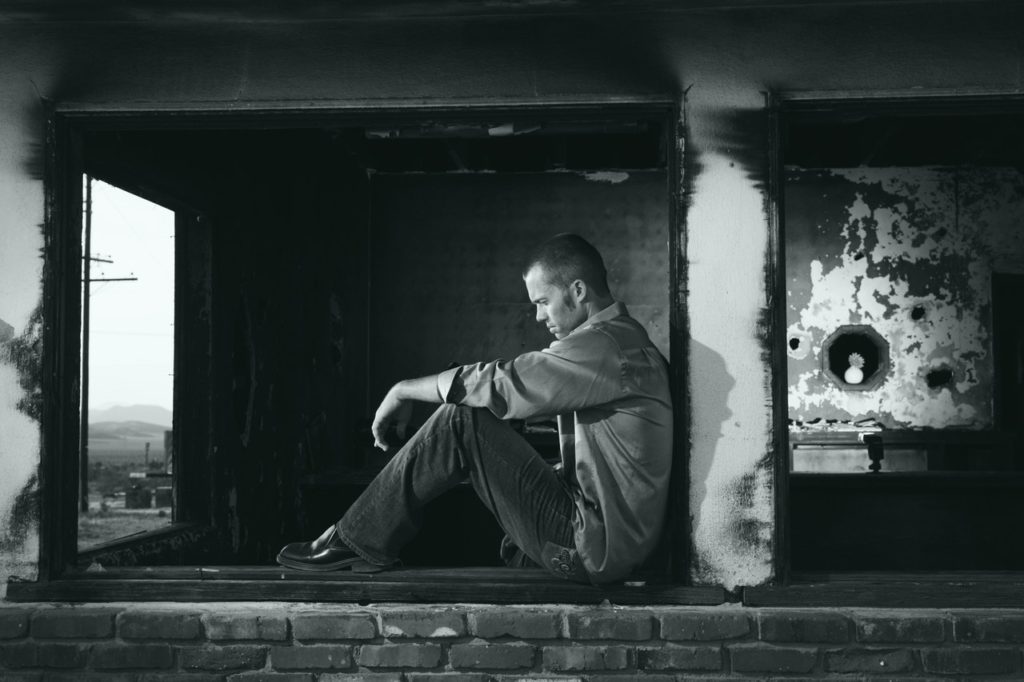Do men get depressed? Of course they do, but they tend to hide it well.
Men tend to deal with depression differently than women and may show different signs that they are depressed. Depression is often a hidden problem with men, since many men tend to suffer in silence, rather than talking about their feelings.
Historically, depression has been thought of as mostly a problem for women, but now we know that depression is a problem for men, too. Depression in men may go undetected. In fact, men may not realize they are depressed, although they may recognize they are feeling stressed. And their health care providers often miss the telltale signs.
Depression is a normal part of life. Yet, if it goes unresolved, it can have a disastrous effect on personal functioning, relationships and careers. It can result in temporary personality changes, uncharacteristic bouts of anger and moodiness, create communication problems, spur conflict, and lead to relationship problems or marital distress. Thus, depression is a condition that must be recognized and treated for men to function on their highest level.
What Are “Male” Signs to Look for?
1. Men who are depressed may suddenly become irritable and quick to anger. Non-aggressive men may become more aggressive and hostile.
2. Some may abuse alcohol or drugs, or turn to food for comfort, although some may eat less. It really depends on the person and his circumstances.
3. Some men may over-exercise, while others may stop.
4. One man may throw himself into a favorite hobby whereas a workaholic may become more dependent upon work …while ignoring his relationships.
5. Men may show typical signs of depression, too, such as, feelings of fatigue and burn-out, sleep disturbances and decreased libido. Depressed men may start feeling anxious and worried, and respond poorly to daily problems or stress at work or home, either over-reacting or under-reacting.
Strategies for Helping
First, if you notice that a man you care about is depressed, be careful how you approach the subject, or you may make your relationship problems worse. You might try sharing your concern with him, mentioning that you have noticed one or two of his symptoms. Go gently …and see if you can get him to open up about how he’s feeling. Express your concern. Avoid being critical. Don’t blame. Remember to listen, rather than “diagnose” or try to “fix” what he is feeling. concern.
Second, if you know someone the depressed man knows and respects, such as his father, pastor or best friend, suggest that he talk to that person. Or, you may enlist the help of a family member or close friend who has his ear.
Third, try to get him to see his doctor (or yours), and encourage him to talk to his doctor about his depressed feelings (maybe he needs to go for other reasons, too). The physician can make a referral for counseling or prescribe helpful anti-depressant medication, if needed.
Fourth, sometimes we men need a little prodding (and pampering). Be persistent and don’t give up, as long as you proceed in a non-threatening manner. Remember, you want the man to view your efforts to help him as a sign of your deep-felt concern. If you state your concern in a non-demanding way he will be less apt to feel pressured.
The way you say something is as important as what you say. Some sensitive men are hard to approach, but they tend to respond favorably when you talk to them in a direct, caring and gentle manner.
When to call a professional
Men may not discuss the way they are feeling with anyone, and may not recognize the changes themselves. As a result of societal conditioning, they tend not to talk about their stress with their friends, unlike women, who tend to get support from other women.
If you are in a relationship with a depressed partner, it is often best to seek counseling. It is much easier and more effective to work with a trained relationship professional to discuss your relationship problems. Counseling is one of the best ways to face and deal with depression. It can be just as effective as medication, if not more so. The combination of the two can be even more effective. Sometimes depression can become quite serious and lead to other mental health issues.


